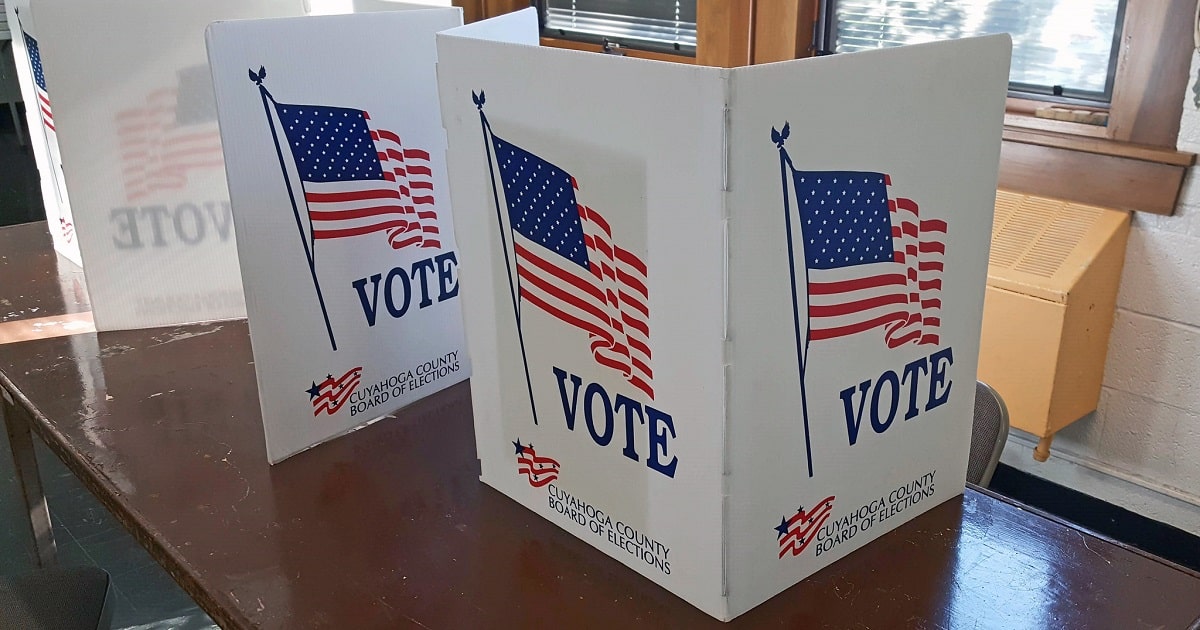




Minneapolis voters have sent a clear message: the city isn’t ready to embrace a radical progressive overhaul.
The Daily Caller reported that incumbent Mayor Jacob Frey secured reelection on Nov. 5, 2025, fending off a challenge from far-left state Sen. Omar Fateh in a ranked-choice voting contest, as confirmed by the Associated Press.
Frey, an establishment Democrat, led Minneapolis through a violent crime surge and a significant police exodus during those chaotic months, even kneeling at Floyd’s casket in a poignant June 2020 memorial.
Despite far-left calls to abolish or drastically reduce police presence, Frey has consistently pushed for bolstering law enforcement numbers, a stance that likely resonated with voters weary of unrest.
By June 2025, he was touting the Minneapolis Police Department’s growth to over 600 personnel, a tangible achievement in a city still healing from past scars.
Fast forward to the election itself, where Frey faced a crowded field of 14 challengers, many of whom criticized him for not being progressive enough.
In the first round of ranked-choice voting, Frey captured 41.7% of the vote, while Fateh garnered 31.6%, with the rest split among other candidates.
After the final tabulation, Frey clinched victory with 53.0% to Fateh’s 47.0%, proving that even in a system designed to favor coalitions, the moderate path still holds sway.
Fateh, who could have been the city’s first Muslim mayor, ran on a platform that stirred significant debate, including a 2021 push to replace traditional law enforcement with so-called “peace officers.”
His August 2025 declaration to prioritize defending unauthorized migrants from federal policies raised eyebrows, with critics like Rep. Tom Emmer warning of “pro-illegal alien, communist chaos” in the city (Daily Caller News Foundation).
Emmer’s sharp words aside, it’s hard to ignore that Fateh’s rhetoric, paired with proposals like diverting half of 911 calls to non-police responders, likely alienated voters craving stability over experimentation.
Fateh’s campaign echoed the far-left playbook of figures like Zohran Mamdani, earning him the nickname “Midwest Mamdani” for shared views on defunding police, taxing the wealthy, and critiquing Israel.
Contrast that with Frey’s pragmatic approach, as he insisted, “Here’s the truth: We also need more police officers to be able to handle these situations” (Jacob Frey), a direct rebuttal to the notion that less policing equals more safety.
Frey’s logic cuts through the ideological fog—when your city has fewer officers per capita than most, slashing numbers further isn’t a bold vision; it’s a risky gamble.
The race also highlighted a Democratic Party divide, with Gov. Tim Walz and Sen. Amy Klobuchar backing Frey, while Rep. Ilhan Omar threw her support behind Fateh.
Even with far-left candidates urging supporters to rank each other in the hopes of ousting Frey, the strategy fell short, suggesting Minneapolis isn’t quite the hotbed of radicalism some might assume.
While Fateh’s loss marks a setback for the progressive wing—especially as counterparts like Mamdani succeed elsewhere—it’s a reminder that local voters often prioritize results over rhetoric, even in a city with a history of protest and change.



